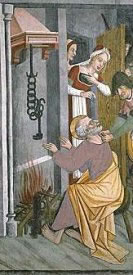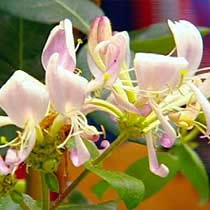Yesterday evening I discovered that the French term for roller coaster is les montagnes russes or Russian mountains. This got me wondering what roller coasters have to do with Russian mountains, and I’ve found that from the 17th Century the Russian were constructing “Russian Mountains” – series of hills and slides of ice reinforced with wooden supports designed for sleighs. They were especially popular during the 18th century in St. Petersburg, and the idea spread to other parts of Europe. A version using wheeled wooden carts on tracks was built in Paris in 1804 and named Les Montagnes Russes.
During the early 19th century a number of mining and railway companies in the USA started offering the public rides on steeply-inclined sections of track at quiet times. These were known as scenic gravity railroads. In 1884 LaMarcus Adna Thompson opened a Gravity Pleasure Switchback Railway at Coney Island in 1884, and patented many aspects of the roller coaster, including a patent for a Gravity Switch-back Railway in 1885.
The origins of the name roller coaster are uncertain. One theory is that it comes from the rollers fitted to the slides or ramps on early American roller coasters along which sleds coasted. Another theory is that the name comes from a ride located in a roller skating rink in Haverhill, Massachusetts which consisted of a sled that moved along the rollers that made up the track. The inventors of this ride, Stephen E. Jackman and Byron B. Floyd, claim the first use of the term “roller coaster”.
Russian Mountain is term for roller coaster in Spanish (montaña rusa), Portuguese (montanha russa) and Catalan (muntanya russa), and Russians call them американские горки (amerikanskie gorki) or American Mountains.
Sources:
http://en.wikipedia.org/wiki/Roller_coaster
http://en.wikipedia.org/wiki/Russian_Mountains


